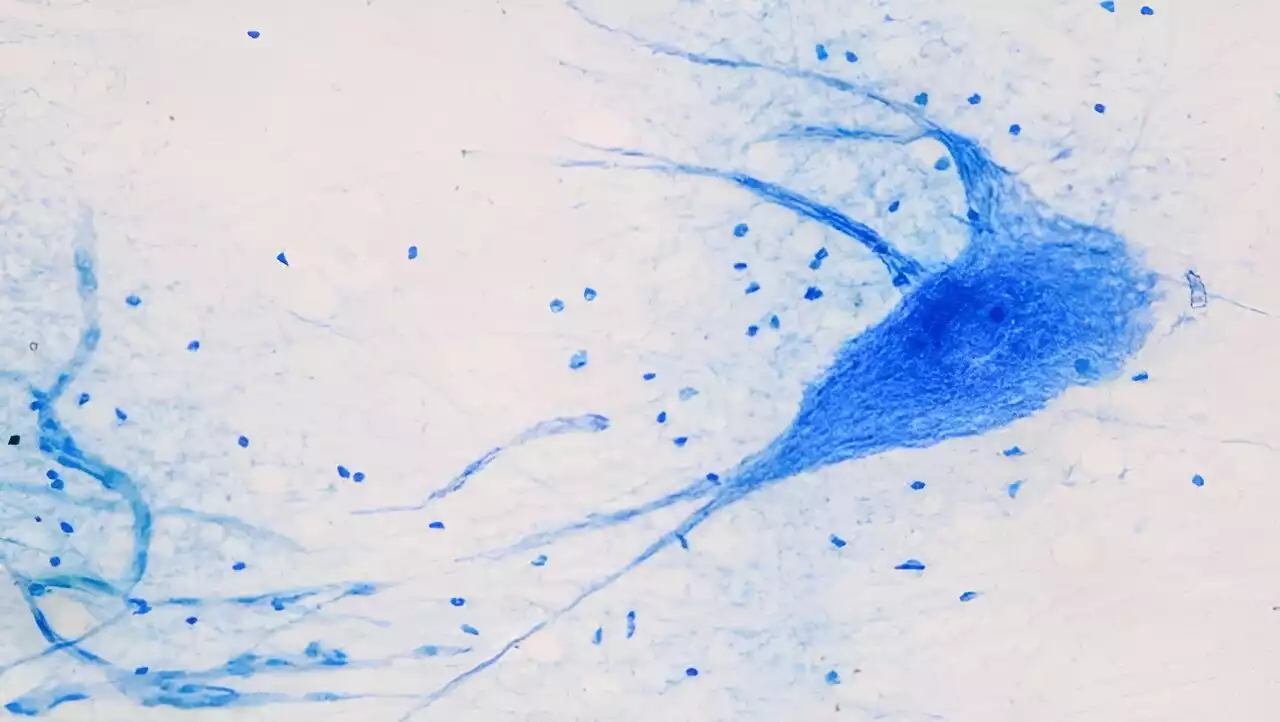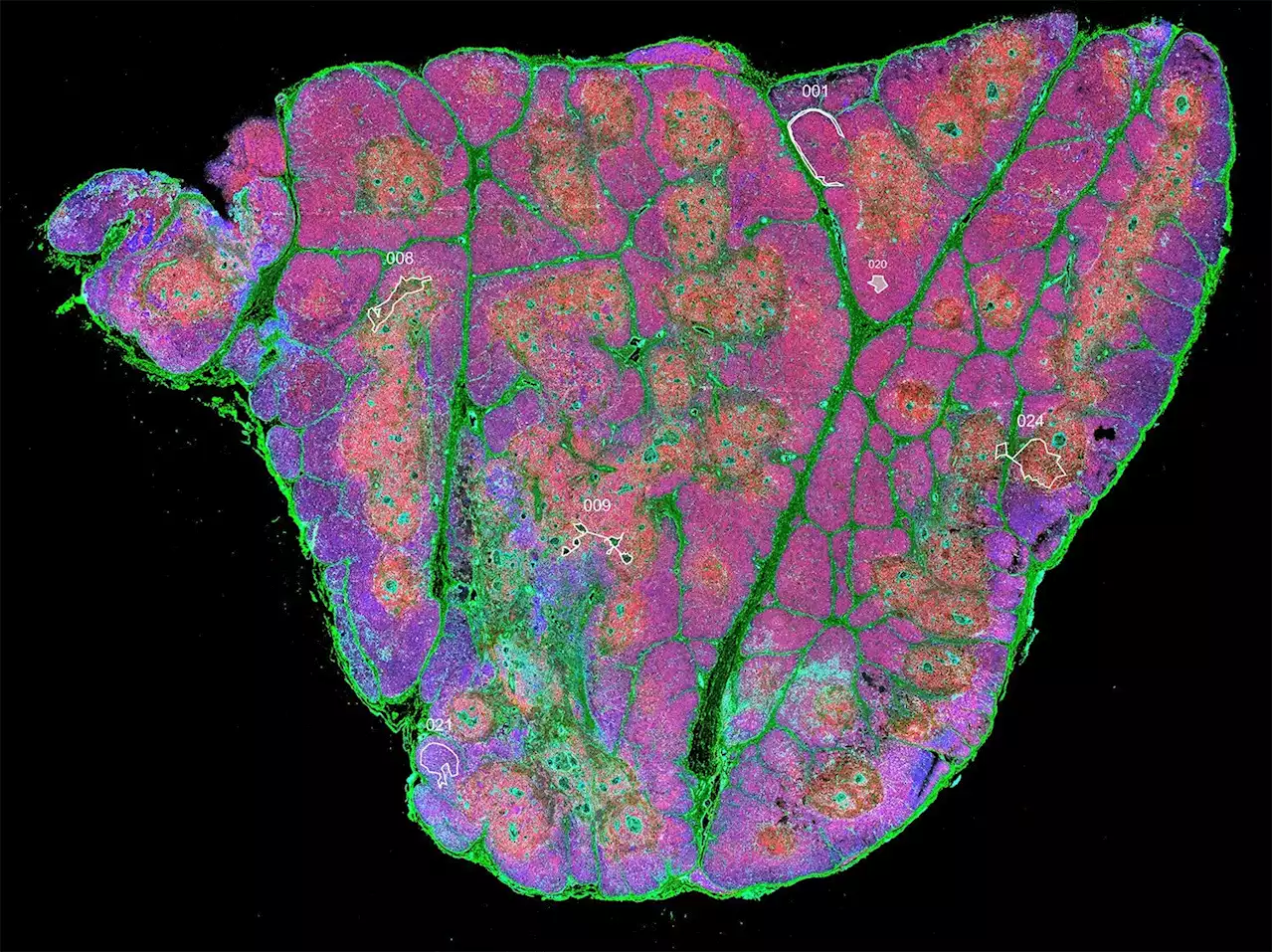Researchers evaluated the efficacy of semaglutide in patients with the obesity phenotype of heart failure and preserved ejection fraction.
By Tarun Sai LomteAug 31 2023Reviewed by Sophia Coveney In a recent study published in Nature Medicine, researchers evaluated the efficacy of semaglutide in patients with the obesity phenotype of heart failure and preserved ejection fraction .
Nevertheless, whether its effects differ by obesity class remains unclear. Studies report worsening symptom severity, hemodynamic abnormalities, and exercise limitations with increasing body mass index , suggesting the possibility that semaglutide’s effects may be limited to HFpEF subjects with high BMI.
Eligible subjects were randomized to semaglutide or placebo arms; they were instructed to perform frequent moderate-intensity physical activity and limit the intake of red meat, salt, sweets, sugar-sweetened beverages, trans or saturated fats, and alcohol. Patients were stratified according to BMI as class I , class II , or class III .
Related StoriesThe researchers did not observe differences in heart failure treatment and systolic blood pressure by obesity class. However, patients with a higher obesity class were more likely to be treated with higher doses of loop diuretics, and those with a lower obesity class were more likely to receive sodium-glucose co-transporter 2 inhibitors.
In the semaglutide group, weight loss was ≥ 20% in 58 patients, 15% to < 20% in 50 subjects, 10% to < 15% in 54 individuals, 5% to < 10% in 51 participants, and < 5% in 33 patients. The degree of weight loss was associated with the magnitude of CRP reduction and improvements in 6MWD and KCCQ-CSS.
Danmark Seneste Nyt, Danmark Overskrifter
Similar News:Du kan også læse nyheder, der ligner denne, som vi har indsamlet fra andre nyhedskilder.
 Researchers prep fentanyl, heroin vaccines for human trialsResearchers at the University of Montana and their partners are nearing human trials for vaccines to prevent fentanyl and heroin drug overdoses.
Researchers prep fentanyl, heroin vaccines for human trialsResearchers at the University of Montana and their partners are nearing human trials for vaccines to prevent fentanyl and heroin drug overdoses.
Læs mere »
 Researchers develop new model to find potential treatment for neuromuscular diseasesResearchers from the Centre for Gene Therapy & Regenerative Medicine at King's College London, in collaboration with colleagues from University College London, have developed the first truly scalable human iPSC-neuromuscular disease model.
Researchers develop new model to find potential treatment for neuromuscular diseasesResearchers from the Centre for Gene Therapy & Regenerative Medicine at King's College London, in collaboration with colleagues from University College London, have developed the first truly scalable human iPSC-neuromuscular disease model.
Læs mere »
 Researchers gain new insights into chromosome shortening and identify new potential cancer drug targetsA new study has provided insights into an important biological mechanism that supports survival of aggressive, hard-to-treat cancers, and in the process, has uncovered fascinating new information about how cells divide and grow.
Researchers gain new insights into chromosome shortening and identify new potential cancer drug targetsA new study has provided insights into an important biological mechanism that supports survival of aggressive, hard-to-treat cancers, and in the process, has uncovered fascinating new information about how cells divide and grow.
Læs mere »
 INTEGRA Biosciences' vacuum aspiration systems help researchers solve the dog epigenomeResearchers in the Cho Lab at Seoul National University’s College of Veterinary Medicine, are using the VACUSAFE safe aspiration system and VACUSIP portable aspiration system from INTEGRA Biosciences to help them culture organoids from cancer-stricken domesticated dogs as part of a comparative medicine research initiative.
INTEGRA Biosciences' vacuum aspiration systems help researchers solve the dog epigenomeResearchers in the Cho Lab at Seoul National University’s College of Veterinary Medicine, are using the VACUSAFE safe aspiration system and VACUSIP portable aspiration system from INTEGRA Biosciences to help them culture organoids from cancer-stricken domesticated dogs as part of a comparative medicine research initiative.
Læs mere »
 Enhancing immune defenses: Researchers unveil the secrets of specialized T cells to conquer tumorsOur immune system has an ingenious trick up its sleeve. It remembers past foes, stopping potential sickness in its tracks through a phenomenon known as immunological memory. This is thanks to specialized cells—tissue-resident memory T cells—which reside in vital organs like the small intestine, lungs and other areas. Consider them as frontline guards, stationed exactly where trouble could strike. The endurance of these cells is extraordinary, protecting us from infections we fought decades ago.
Enhancing immune defenses: Researchers unveil the secrets of specialized T cells to conquer tumorsOur immune system has an ingenious trick up its sleeve. It remembers past foes, stopping potential sickness in its tracks through a phenomenon known as immunological memory. This is thanks to specialized cells—tissue-resident memory T cells—which reside in vital organs like the small intestine, lungs and other areas. Consider them as frontline guards, stationed exactly where trouble could strike. The endurance of these cells is extraordinary, protecting us from infections we fought decades ago.
Læs mere »
 Researchers identify stem cells in the thymus for the first timeResearchers at the Francis Crick Institute have identified stem cells in the human thymus for the first time. These cells represent a potential new target to understand immune diseases and cancer and how to boost the immune system.
Researchers identify stem cells in the thymus for the first timeResearchers at the Francis Crick Institute have identified stem cells in the human thymus for the first time. These cells represent a potential new target to understand immune diseases and cancer and how to boost the immune system.
Læs mere »
